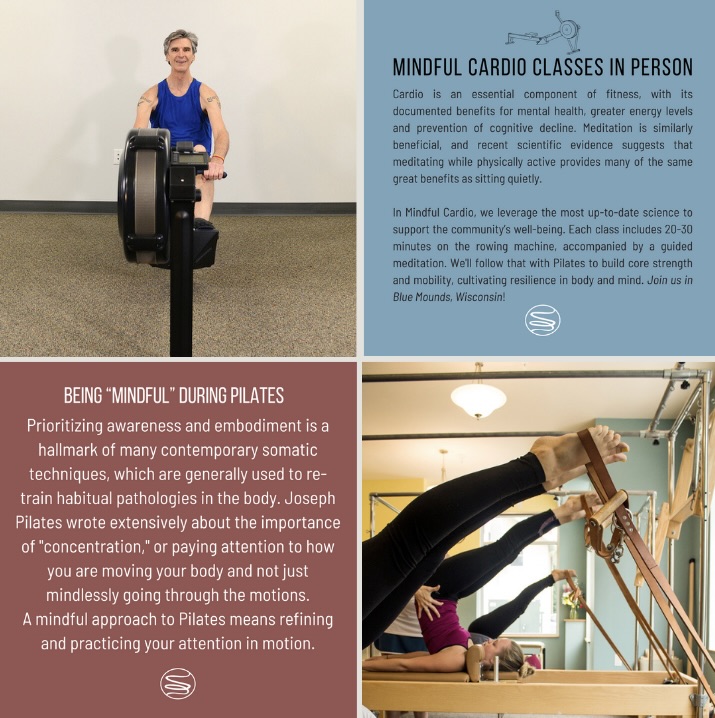Improved Sleep
Reducing exposure to daytime distractors helps me sleep better. In my last posting, I mentioned this result in passing, and was curious to see if it held up. Yes, this preliminary result has for-sure held up. Moderating the amount of daytime information streaming into my attentional holes has most assuredly supported getting restful sleep.
As we age, sleep tends to deteriorate. I scarcely remember not sleeping through the night when I was in my 20s. It was pretty much a foregone conclusion that I’d place my head on the pillow, and wake up 8-hours or so later feeling entirely rested and ready to go. Unfortunately, this deep and restful sleep became progressively scarcer as I got into my 40s and 50s. Not every night involved staring vacantly at the ceiling at 2:30am, though far too many did. And when I would sleep through the night, it wasn’t a foregone conclusion that I’d feel rested. Some days yes… some days, not so much.
Sleep is very important throughout the lifespan. As I mentioned in last month’s webinar, lack of sleep has been associated with increased risk of developing dementia. In addition to the correlation of poor sleeping with increased incidence of dementia, lack of sleep has been associated with metabolic disorders, and increased incidence of anxiety and depression. And at minimum, I think most of us report feeling better when we get a good night of sleep. Sleep is vital for optimal wellbeing, and far too few of us get the restful sleep that our bodies, brains and minds need.
 |
| Cats are really good at sleeping. |
The relationship between attentional holes and improved sleep is an unexpected bonus. In my ongoing experiment in applying the principles of athletic/physical training to my mental work, I hoped to raise my attentional game in order to successfully complete my Ph.D. preliminary exams. Being choosier about the volume and frequency of information streaming into my eyes, ears, mouth and nose (i.e. – reducing Instagram, podcasts, snacking and incense-burning) has markedly improved my ability to focus and retain information. The improved sleep is an added bonus that will also support my ongoing quest to successfully complete this exam and more fully enjoy the process.
If you struggle with your sleep, how about examining your attentional holes? How much of your waking life are they plugged with stuff? Listening to podcasts? Reading random articles? Scrolling through social media? Listening to background music? Like bodies, minds need downtime to function optimally.



Comments